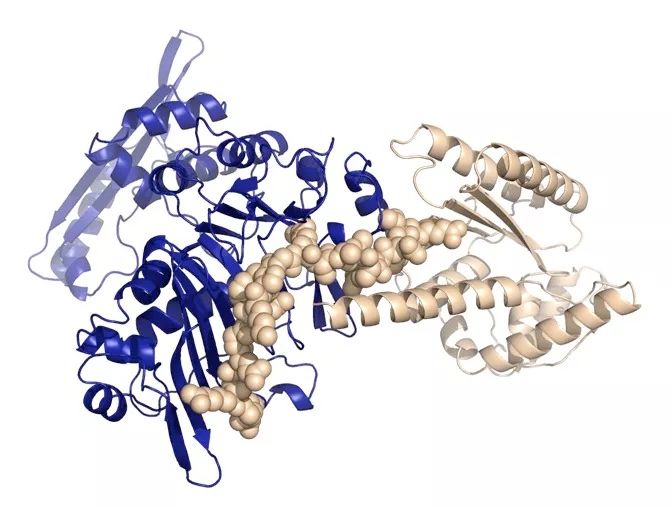
LU-Fold and NBIS join forces to Enhance Protein Structure Prediction Services at SciLifeLab
LU-Fold and the National Bioinformatics Infrastructure Sweden (NBIS) have officially joined to offer improved protein structure prediction services through SciLifeLab. This collaboration aims to provide researchers with enhanced tools and expertise to better predict and understand protein structures, an essential area in biomedical research, drug discovery, and disease analysis.
Strengthening Protein Structure Prediction
Understanding the 3D structure of proteins is crucial for a wide range of scientific fields, from basic biology to the development of new therapies for diseases like cancer and neurodegenerative disorders. Accurate protein structure prediction remains a challenging task, but recent advancements in computational methods, including machine learning, have made significant strides. LU-Fold, based at Lund University, provides advanced user support in protein structure prediction, particularly in high-throughput prediction of protein complexes, for example to explore novel protein-ligand interactions. The merger between LU-Fold and NBIS will provide cutting-edge resources and support, further improving the accessibility and accuracy of protein modeling for researchers.
“This partnership represents a valuable step forward for protein structure prediction in Sweden. Together with the recently launched structural biology efforts at NBIS, we see great potential to continue to grow and improve our joint services, to ensure that researchers have access to the latest technologies and expertise”, says Gemma Atkinson, Associate Professor at Lund University and the founder of LU-Fold.
Structural Biology at SciLifeLab
SciLifeLab, Sweden’s national infrastructure for life sciences research, is home to a wide range of advanced tools and services. The merging of LU-Fold and NBIS under the SciLifeLab umbrella strengthens this network, adding a key component to the SciLifeLab’s offerings in structural biology and bioinformatics, further strengthening the link between structure prediction methods and the SciLifeLab structural biology platforms. Researchers across Sweden will now have access to a broader range of resources and expert support, as this collaboration aims to make protein structure prediction more accessible, accurate, and efficient. Researchers in fields such as drug discovery, molecular biology, and structural genomics will benefit from integrated services that combine advanced tools with expert guidance. In the future, the aim is to also provide more streamlined workflows, making it easier for researchers to generate high-quality models, predict molecular interactions, and analyze protein functions. With personalized support available, scientists will be able to tackle increasingly complex biological questions with greater confidence.
Contact and access
More information is available at the LU-fold homepage. To apply for support in protein structure prediction, please contact NBIS and LU-Fold here:
https://nbis.se/services/bioinformatics/userfee/apply
Related news
New SciLifeLab developed tool overcomes prediction limitations of Nobel Prize-winning AlphaFold










